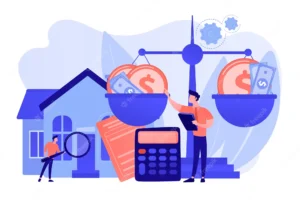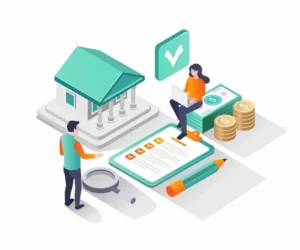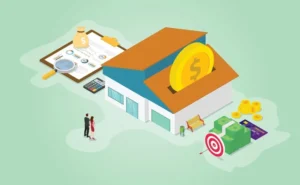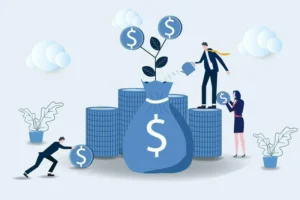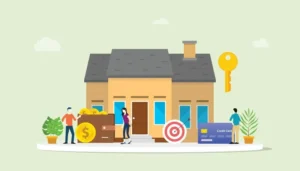What is the Recommended Down Payment Amount When Buying a Home?
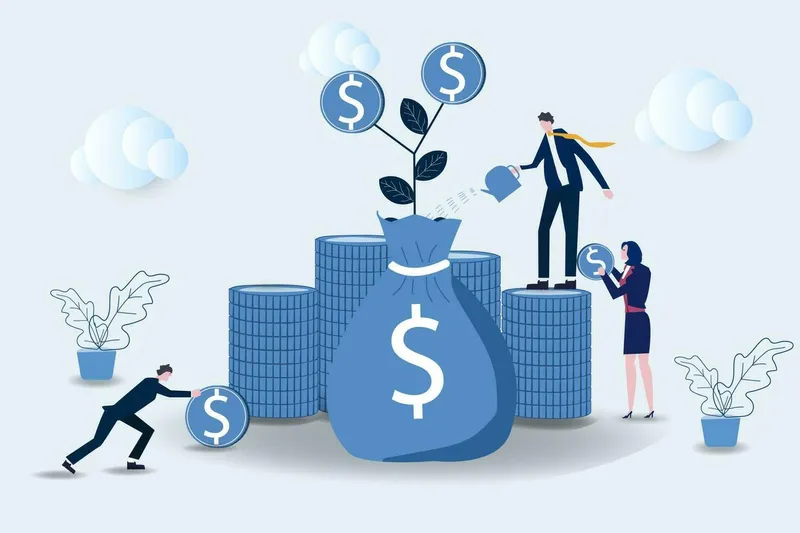
Buying a home is a significant financial milestone, and one of the crucial decisions you’ll face is determining the down payment amount. The down payment plays a pivotal role in your homeownership journey. In this article, we’ll delve into understanding the recommended down payment amount when buying a home and explore the various factors influencing this important financial decision.
1. Consider Your Financial Goals: When deciding on a down payment amount, it’s essential to align it with your broader financial objectives. Are you comfortable with a larger down payment that may require more savings, or do you prefer a smaller one to keep cash on hand for other investments or emergencies?
2. The Impact of Interest Rates: Keep an eye on prevailing interest rates. In a low-interest-rate environment, a larger down payment may not result in substantial interest savings, making a smaller down payment more attractive.
3. Assess Your Risk Tolerance: Your risk tolerance is a critical factor. A higher down payment means lower monthly payments, reducing financial stress. However, it also ties up more capital in your home, which could be used for other investments.
4. Evaluate the Local Real Estate Market: Housing markets can vary significantly by location. In a competitive market with rising home prices, a larger down payment might make your offer more appealing to sellers. Conversely, in a buyer’s market, you might have more flexibility in your down payment.
5. Keep an Eye on Loan Limits: For those considering government-backed loans like FHA or VA loans, be aware of loan limits in your area. These limits may influence your down payment options.
6. Private Mortgage Insurance (PMI): If your down payment is less than 20%, you may be required to pay for PMI, which adds to your monthly expenses. Factor this into your decision-making process.
7. Financial Assistance Programs: Explore local and federal programs that offer down payment assistance to qualified homebuyers. These programs can be a valuable resource, particularly for first-time buyers.
8. Consult with Financial Advisors: Before making a final decision, consider consulting with financial advisors or mortgage experts. They can provide personalized guidance based on your financial situation and goals.
9. Flexibility in Loan Terms: Some lenders may offer flexibility in loan terms based on your down payment. You may be able to choose between fixed-rate and adjustable-rate mortgages, depending on your preferences.
10. Reevaluate Your Down Payment Strategy Periodically: Finally, remember that your financial situation may change over time. Reevaluate your down payment strategy periodically and make adjustments as needed to align with your evolving goals.
These new insights should help potential homebuyers navigate the complex decision of determining the right down payment amount for their unique circumstances.
Contents
- FAQ section on down payments when buying a home
- Q1: Can I use assets other than cash for a down payment, such as stocks or retirement accounts?
- Q2: Are there regional differences in down payment requirements or assistance programs?
- Q3: How does the size of my down payment affect my loan’s closing costs?
- Q4: What are the risks associated with a small down payment?
- Q5: Can I combine multiple sources for my down payment, such as personal savings, a gift, and down payment assistance?
- Q6: How does the type of property I’m purchasing affect the down payment amount?
- Q7: Can I negotiate with the seller to cover my down payment costs?
- Q8: Are there specialized down payment programs for specific professions or groups, like teachers or healthcare workers?
- Q9: What role does my credit score play in down payment requirements?
- Q10: Are there downsides to making a larger down payment, such as depleting savings?
FAQ section on down payments when buying a home
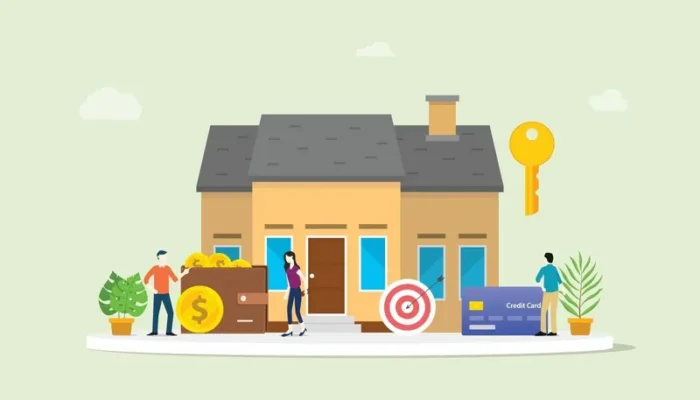
Q1: Can I use assets other than cash for a down payment, such as stocks or retirement accounts?
- Some lenders may allow you to use assets like stocks, bonds, or retirement accounts for your down payment, but this varies by lender and loan type. It’s essential to understand the implications and potential tax consequences.
Q2: Are there regional differences in down payment requirements or assistance programs?
- Yes, down payment requirements and available assistance programs can vary significantly by region. It’s crucial to research what’s specific to your area and consider local programs.
Q3: How does the size of my down payment affect my loan’s closing costs?
- A larger down payment can often lead to lower closing costs because you’re borrowing less money. It’s a good idea to ask your lender about the relationship between your down payment and closing costs.
Q4: What are the risks associated with a small down payment?
- A smaller down payment may mean higher monthly mortgage payments, increased interest costs over the life of the loan, and the potential requirement for private mortgage insurance (PMI). It’s important to weigh these risks when deciding on your down payment amount.
Q5: Can I combine multiple sources for my down payment, such as personal savings, a gift, and down payment assistance?
- Yes, you can often combine various sources for your down payment. However, it’s crucial to work with your lender to ensure that you meet all necessary documentation and qualification requirements.
Q6: How does the type of property I’m purchasing affect the down payment amount?
- The type of property you’re buying can impact the down payment. For example, second homes and investment properties typically require larger down payments compared to primary residences.
Q7: Can I negotiate with the seller to cover my down payment costs?
- While it’s not common to negotiate for the seller to cover your entire down payment, you can negotiate aspects of the transaction. For example, you might ask the seller to contribute to your closing costs, which can indirectly reduce your upfront expenses.
Q8: Are there specialized down payment programs for specific professions or groups, like teachers or healthcare workers?
- Some areas offer down payment assistance programs tailored to certain professions or groups. These programs may provide additional benefits or incentives for specific individuals.
Q9: What role does my credit score play in down payment requirements?
- Your credit score primarily affects the interest rate you’ll receive on your mortgage. While it doesn’t directly impact the down payment amount, a lower credit score may lead to higher interest rates, which can affect your overall costs.
Q10: Are there downsides to making a larger down payment, such as depleting savings?
- While making a larger down payment can offer benefits like lower monthly payments, it’s essential to consider how it may impact your overall financial situation. Depleting your savings entirely for a down payment could leave you financially vulnerable in emergencies.
Remember that the answers to these questions can vary based on your unique circumstances and the specific terms of the mortgage you’re seeking. Consulting with a qualified mortgage professional is key to making informed decisions about your down payment.

